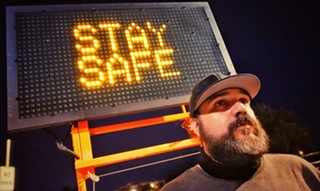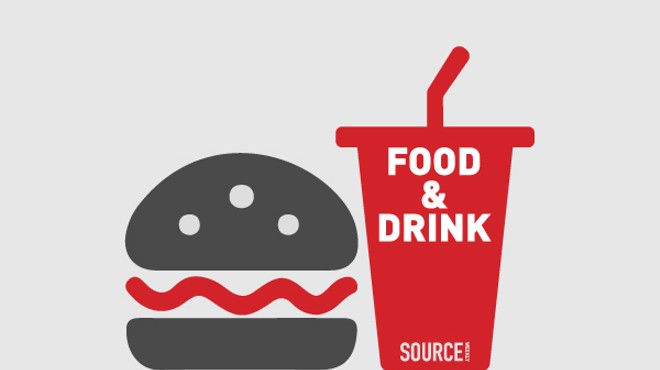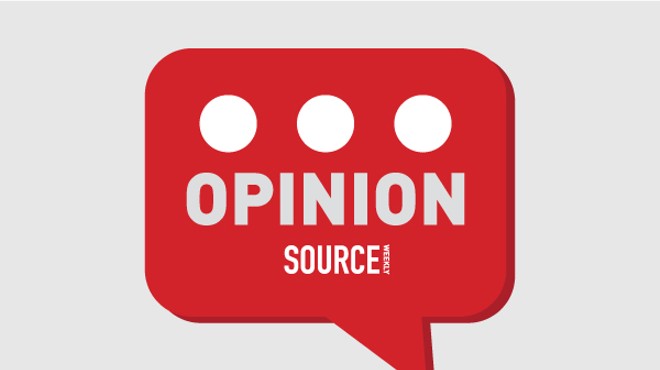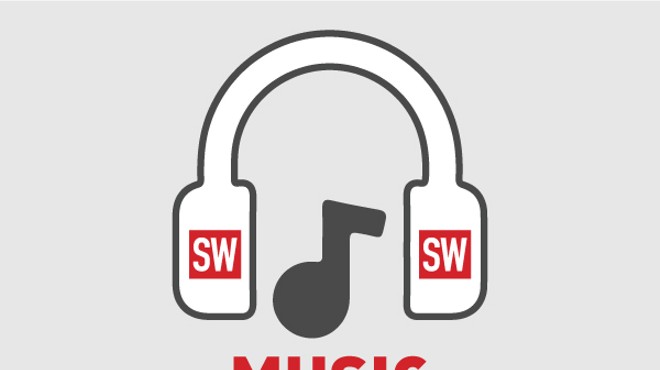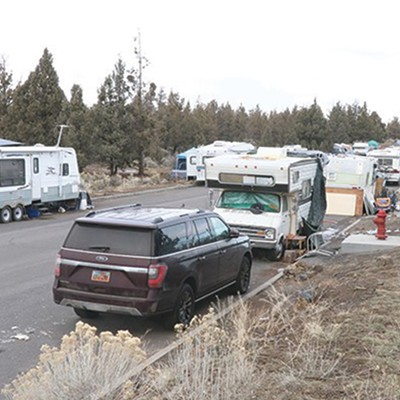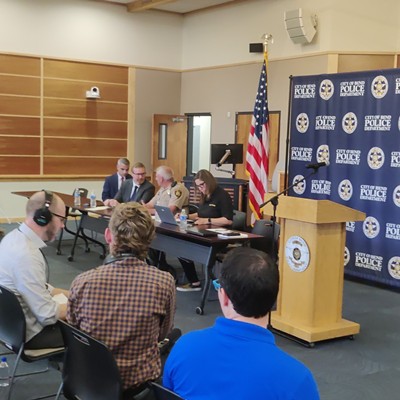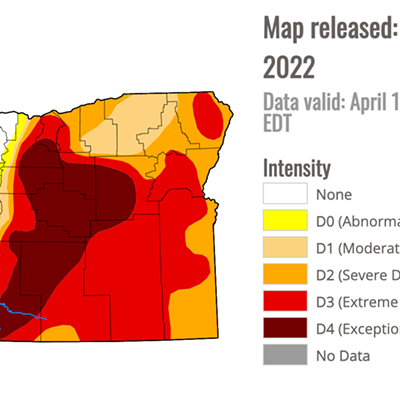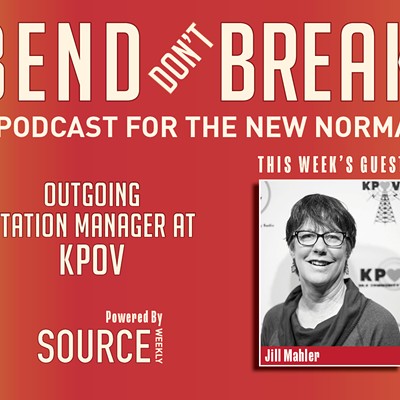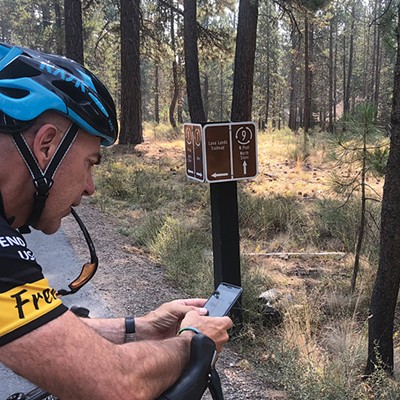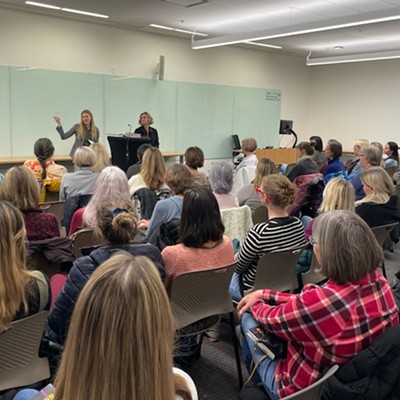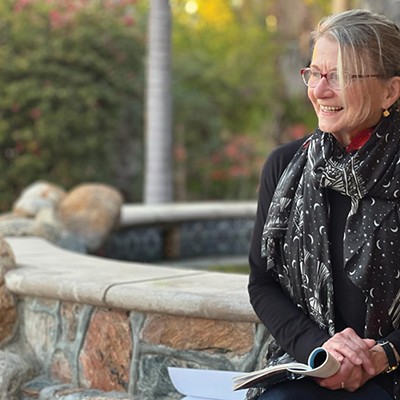"The greatest hope for humanity lies not in condemning violence but in making violence obsolete."
—JAMILA RAQIB
When I was 20 I was pepper sprayed by the Bend Police Department and charged with inciting a riot. The "riot" was silly and the charges were eventually dropped, but I still remember the hiss of that spray as it shot across my living room. We probably deserved it. There were several dozen of us and only a few cops and we weren't listening to instructions. That was a somewhat comical instance of civil disobedience—but on the whole, activism is something a lot more people are taking part in, in the wake of the presidential inauguration and the many unpopular executive orders coming out of the Oval these days.
People with causes—the ones looking out for the planet and the vulnerable, and not just themselves—deal with pepper spray, water cannons, rubber bullets, arrest and worse every single time they decide to take action.
It can be difficult to engage in direct political activism with the threat of pepper spray, tear gas, tasers and bears (oh my) looming. The political action group The 350 Network, with branches in Eugene, Deschutes County and around the world, focuses specifically on climate change and climate justice. Earlier this month, 350 Eugene held a Non-Violent Direct Action Skills Training workshop to help prepare people for the reality of civil actions.
Deb McGee and Patty Hine, co-founders of 350 Eugene, explain more about the workshop: "We teach practical skills for non-violent interaction. It was a very planned, very strategic, very cautious and effective planning session. We had a whole strand of workshops on security culture and legal, 'know-your-rights' kind of materials that the Civil Liberties Defense Center here in Eugene brought by way of their attorney. There was a Jungian psychoanalyst who put on emotional workshops which dealt with trauma and resilience. There were art, photography and media workshops about creating protest art that one of our local hip-hop artists put on. There were about 150-200 participants."
Whatever your cause, organization is key. "To organize something, you want to know exactly what you're about and develop your own niche and where you fit in," say McGee and Hine. "Of course, we're going to advocate for a non-violent approach because if you try violence you're going to wind up with a violent regime, for reasons of moral and ethical considerations, but because it's also what's effective."
Your level of participation is always your call. Never accept risks without full understanding of the consequences. Diane Hodiak of 350 Deschutes explains: "I think when people contact an organization experienced in actions of all kinds, they have a choice of how to participate in a way that is best for them There is a continuum that encourages people to engage at whatever level they choose. They can engage by writing letters of support for issues or laws. They can use their skills to educate or influence others. They can march with their family in a peaceful, fun setting. They can engage in peaceful, nonviolent civil disobedience, while accepting the risks that these actions entail."
Some of the tips I've picked up from friends over the years, whether for means of civil disobedience or marching, are fairly simple. Make sure you're carrying valid photo identification. Enable the passcode function on your phone so police can't open it. Keep the number of the National Lawyers Guild on your person. All good places to start.
In times of political unrest, when you see the country you love slipping further away from what you recognize, it can be hard not to feel scared and alone. McGee and Hine have the perfect advice for those feeling that sense of isolation: "I would have to quote Kathleen Dean Moore, a professor at Oregon State University who is a philosopher and climate activist. She says 'If you're feeling isolated, depressed and alone: stop being one person.' You're not alone. So start joining with other people. The fact is we're going to solve the climate problem and other social problems together in a community of caring individuals."
This is not a drill, people. Issues of climate change and social, political and economic justice require your participation. To get involved, contact 350deschutes.org or the Central Oregon Social Justice Center at Cosjc.org for more information.

